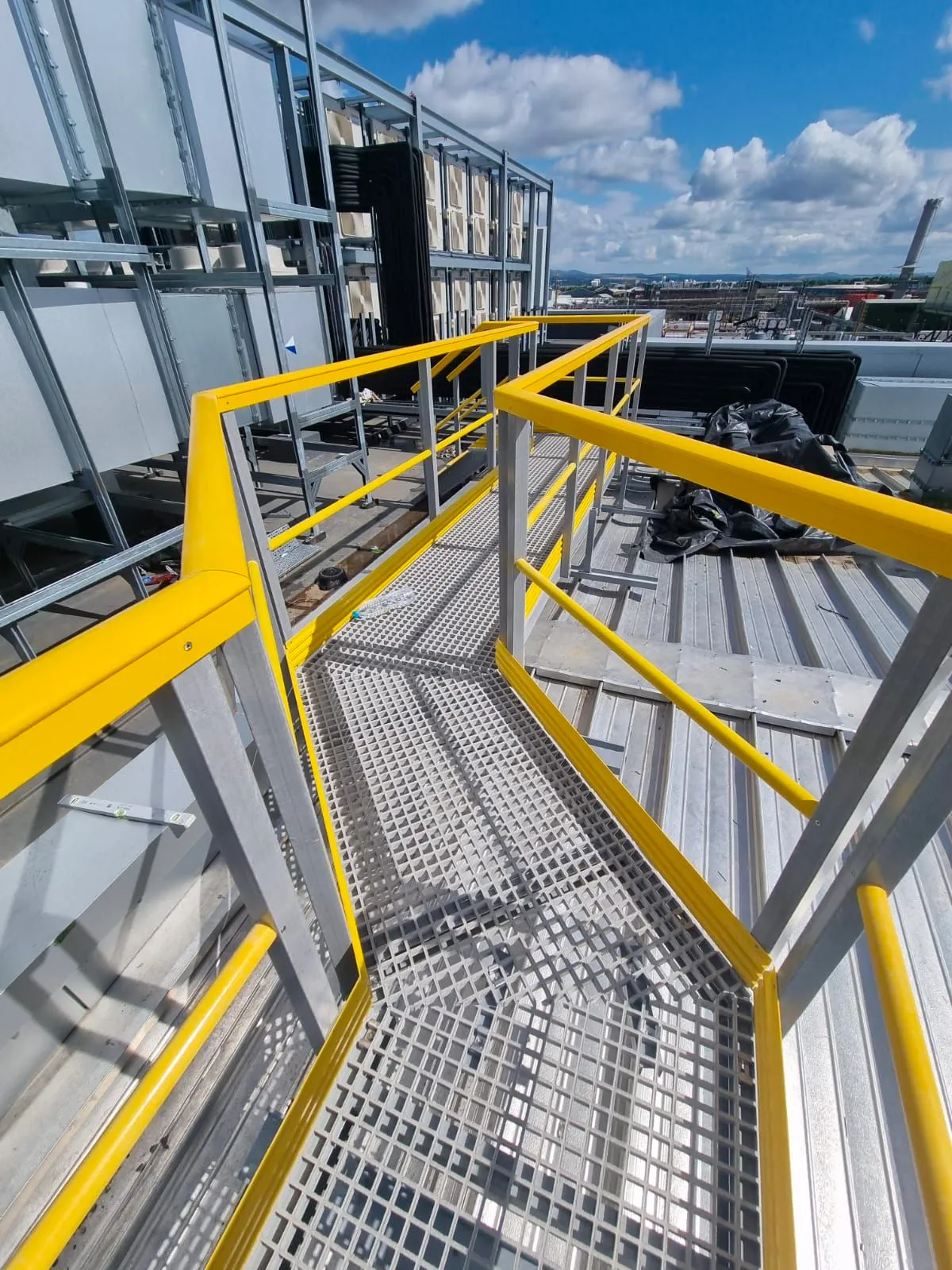loading...
- No. 9, Xingyuan South Street, Dongwaihuan Road, Zaoqiang County, Hengshui, Hebei, China
- admin@zjcomposites.com
- +86 15097380338
- Welcome to visit our website!
fibreglass grating
Understanding Fibreglass Grating Benefits and Applications
Fibreglass grating, also known as FRP (Fibreglass Reinforced Plastic) grating, has gained significant popularity in various industries due to its unique properties and advantages over traditional materials like steel or wood. This versatile product is engineered to provide strength, durability, and resistance to harsh environmental conditions, making it an ideal choice for a wide range of applications. In this article, we will explore the key benefits of fibreglass grating and its various uses across different sectors.
Advantages of Fibreglass Grating
1. Corrosion Resistance One of the standout features of fibreglass grating is its remarkable resistance to corrosion. Unlike metal, which can rust and deteriorate when exposed to moisture or chemicals, FRP grating maintains its integrity even in the harshest environments. This property is particularly beneficial in industries such as chemical processing, wastewater treatment, and marine applications, where contact with corrosive substances is common.
2. Lightweight yet Strong Fibreglass grating is significantly lighter than steel grating, which makes it easier to handle and install. Despite its lightweight nature, it does not compromise on strength. FRP grating can bear heavy loads and withstand impacts, making it a reliable choice for walkways, platforms, and other structural uses.
3. Non-conductive and Non-magnetic For applications involving electrical hazards or sensitive electronic equipment, fibreglass grating offers safety through its non-conductive properties. This reduces the risk of electric shock and makes it suitable for use in electrical substations, telecommunications facilities, and labs. Additionally, its non-magnetic nature is advantageous in environments where magnetic interference must be avoided.
4. UV Resistance FRP grating is engineered to resist UV radiation, preventing degradation from prolonged sun exposure. This feature ensures that fibreglass grating maintains its appearance and structural integrity over time, making it suitable for outdoor applications, such as in parks, stadiums, and industrial outdoor facilities.
5. Design Flexibility Available in various colors, sizes, and designs, fibreglass grating offers aesthetic flexibility. It can be customized to meet specific project requirements, allowing architects and designers to incorporate it seamlessly into their projects while adhering to functional needs.
Applications of Fibreglass Grating
fibreglass grating

Due to its numerous advantages, fibreglass grating is widely used across a variety of industries, including
- Chemical and Petrochemical Industries With its high resistance to chemicals and corrosive environments, fibreglass grating is commonly used in chemical processing plants, refineries, and petrochemical facilities for walkways, platforms, and drain covers.
- Wastewater Treatment Facilities The non-corrosive nature of FRP grating makes it ideal for use in wastewater treatment plants, where it can be exposed to harsh chemicals and waste materials. It provides a safe and durable solution for accessing treatment areas and equipment.
- Marine Applications Fibreglass grating is widely utilized in shipbuilding, docks, and offshore platforms due to its resistance to saltwater and moisture. Its lightweight and strong characteristics make it a perfect fit for marine environments.
- Food Processing Plants The non-absorbent and easy-to-clean surface of fibreglass grating makes it suitable for food processing facilities, where hygiene is of utmost importance.
- Construction and Infrastructure With its structural integrity and design versatility, FRP grating is increasingly being utilized in building and infrastructure projects, providing safe walkways, platforms, and structural supports.
Conclusion
Fibreglass grating is an innovative solution that addresses many challenges posed by traditional building materials. Its combination of strength, durability, and resistance to corrosion makes it an ideal choice across diverse industries. As advancements in materials technology continue to evolve, we can expect fibreglass grating to play an even more significant role in modern construction and industrial applications, shaping a safer and more efficient future. Whether it's for a large-scale industrial project or smaller applications, fibreglass grating proves to be a dependable choice.
-
GRP Structures: The Future of Lightweight, High-Performance EngineeringNewsJun.20,2025
-
FRP Water Tank: High-Performance Storage for Corrosive and Clean Water SystemsNewsJun.20,2025
-
FRP Square Tube: The New Industry Standard for Chemical and Structural ApplicationsNewsJun.20,2025
-
FRP Pultruded Profiles: The Ultimate Choice for Lightweight Structural StrengthNewsJun.20,2025
-
FRP Handrails: The Safer, Smarter, and Stronger Choice for Modern InfrastructureNewsJun.20,2025
-
FRP Grating: The Smart Solution for Durable, Lightweight Industrial FlooringNewsJun.20,2025
-
Why Choose a Galvanized Water Tank for Your Storage NeedsNewsMay.21,2025
